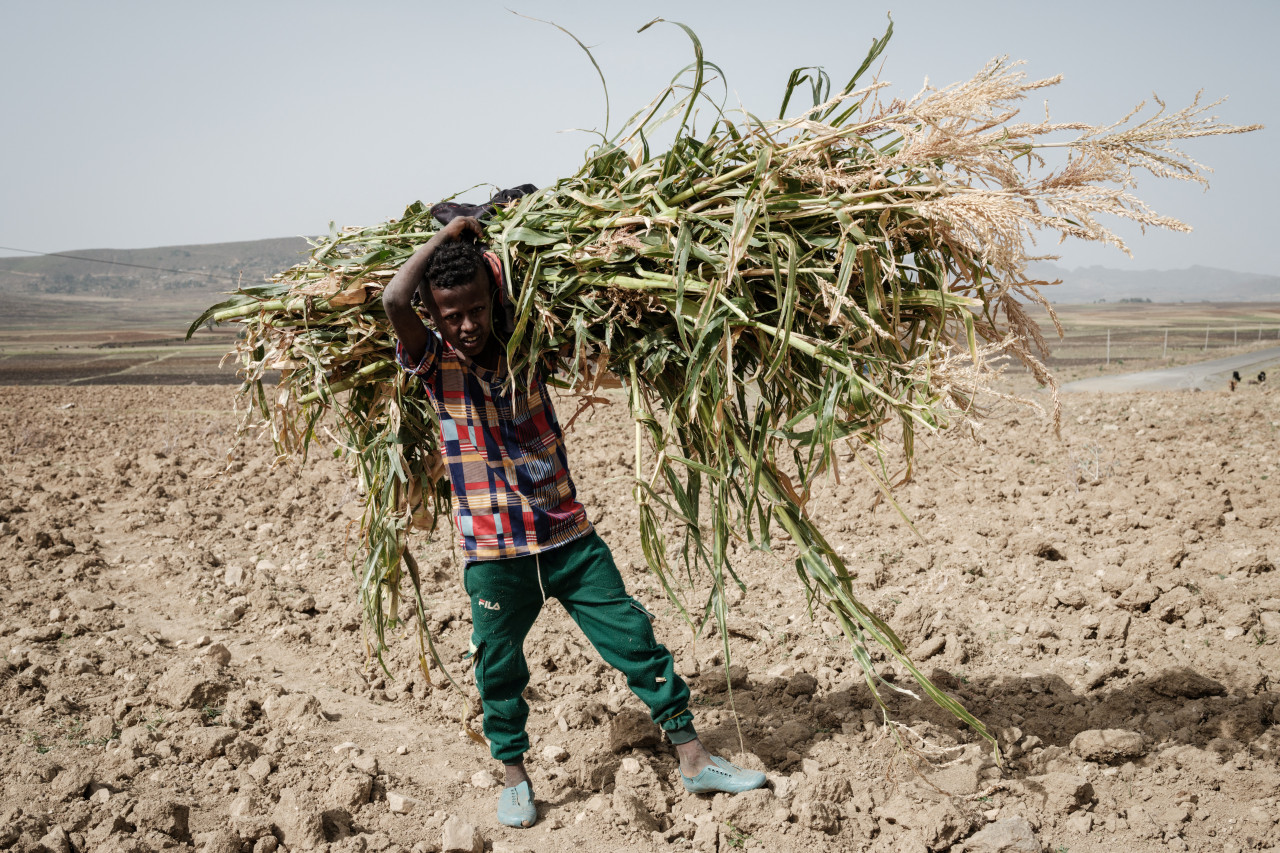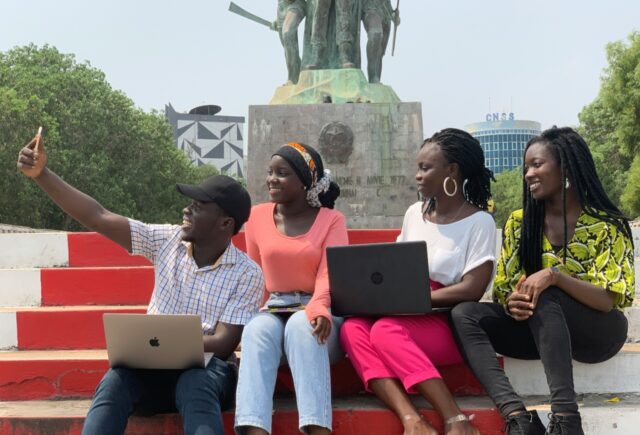The tie-up aims to address a $74bn finance gap for farmers in sub-Saharan Africa as well as provide specialist support to develop commercially viable business practices.

Dutch development bank FMO and British International Investment (BII), the UK’s development finance institution, are each investing $3m (€2.6m) in a UK-funded technical assistance facility aimed at boosting access to finance for agribusinesses in developing countries.
The expanded Commercial Agriculture for Smallholders and Agribusiness (CASA) technical assistance facility, which is a flagship programme of the UK Foreign, Commonwealth and Development Office, will run through 2026, with plans to extend it by at least five years.
BII and FMO said that commercially sustainable and inclusive agribusinesses “have the potential to transform the global agricultural food system in ways that work for people and the planet. They can drive demand for produce from smallholders while supporting farmers to increase and improve the quality of their yields, create decent jobs in processing, logistics and sales, and increase availability of nutritious food”.
New investment opportunities
Eighty-four percent of the agri-SME financing demand in Sub-Saharan Africa is unmet, according to a 2022 report by CASA and ISF Advisors. That is a $74 billion finance gap.
The new facility, dubbed CASA Plus, will boost existing investments, search for new investment opportunities, and help local farmers overcome obstacles to investment in green and inclusive agribusinesses.
During the first phase of the project, the UK government worked with a number of impact investors with agriculture portfolios in low and lower-middle income countries across Africa and Asia, who identified businesses in their portfolio that would benefit from tailored support.
As a result, some 40 agribusinesses were able to reach 116,000 smallholder farmers with improved services, which led to higher incomes for local farmers and improved climate resilience.
The impact investors included BII, FMO, Norfund, Common Fund for Commodities, DOB Equity, C4D Partners, Acumen and the Acumen Resilient Agriculture Fund.





